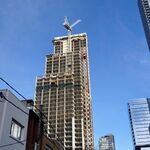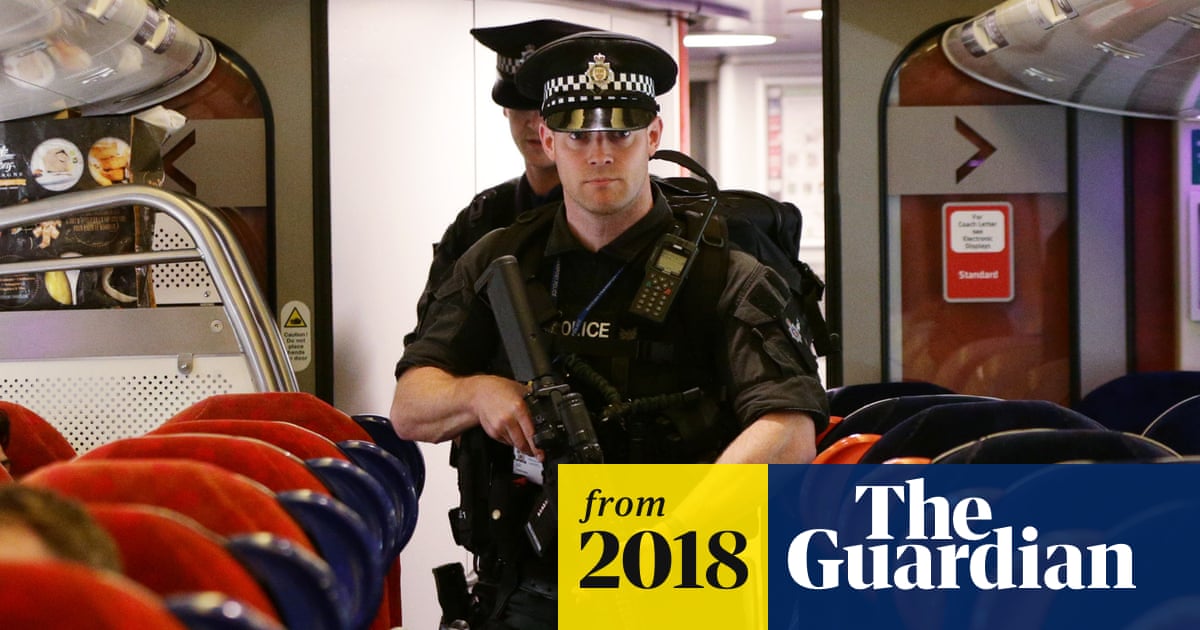Northern Light
Superstar
In the case of Korchinski-Paquet, she clearly jumped off the balcony. Unless police pushed her or told her to jump I don't see how they have a part in this beyond being able to add to witness accounts. How many times do police successfully talk someone off a ledge or bridge railing? I imagine most times they are successful, but sometimes that person jumps.
I'm not sure that's clear; and being pushed isn't the only other option.
To my understanding, the police departing the unit, initially told the family that she had climbed on to the neighbour's balcony and entered the neighbour's unit.
It was after that that they came out and said she was on the ground.
It is possible she attempted to get the neighbour's balcony and was unsuccessful, either in the way that any of us might, or because she was prone to seizures.
Really, we don't know.
That's the point of body cams, so we have evidence of what did occur.
That evidence would also include whether police behaved in an intimidating way or otherwise prompted a panic response.
It may be they did none of these things and have no fault whatsoever.
But again, that's the virtue of having evidence of what was said/done.






/cloudfront-us-east-1.images.arcpublishing.com/tgam/VZ5GAHKKENIMDAOFHR27D75RGM.jpg)